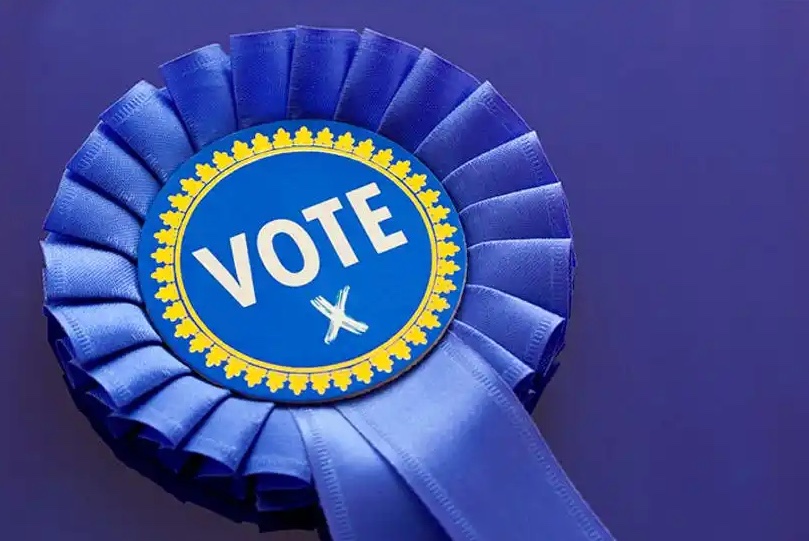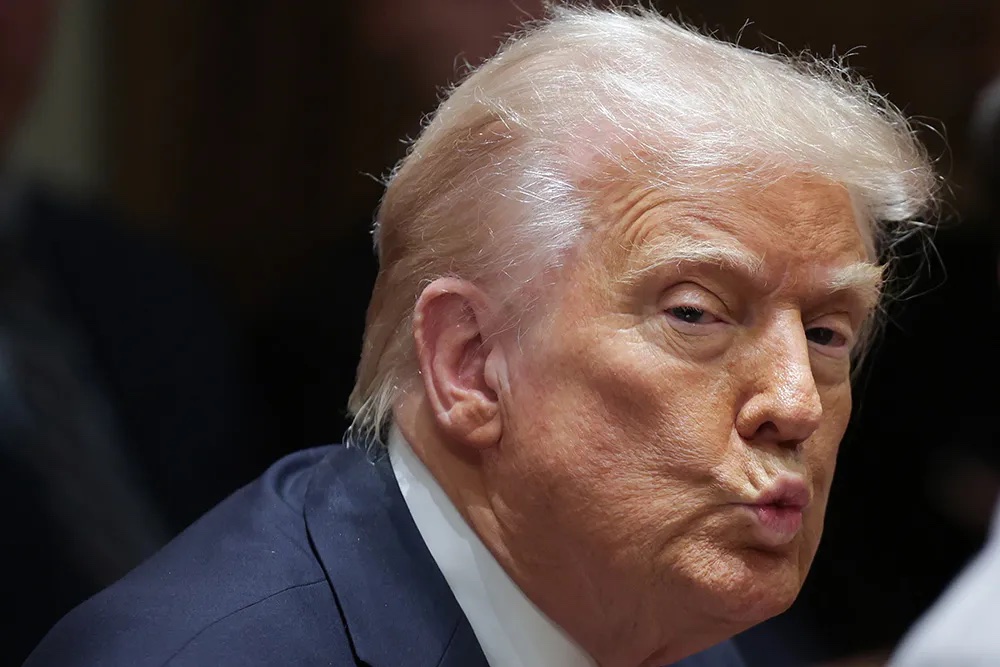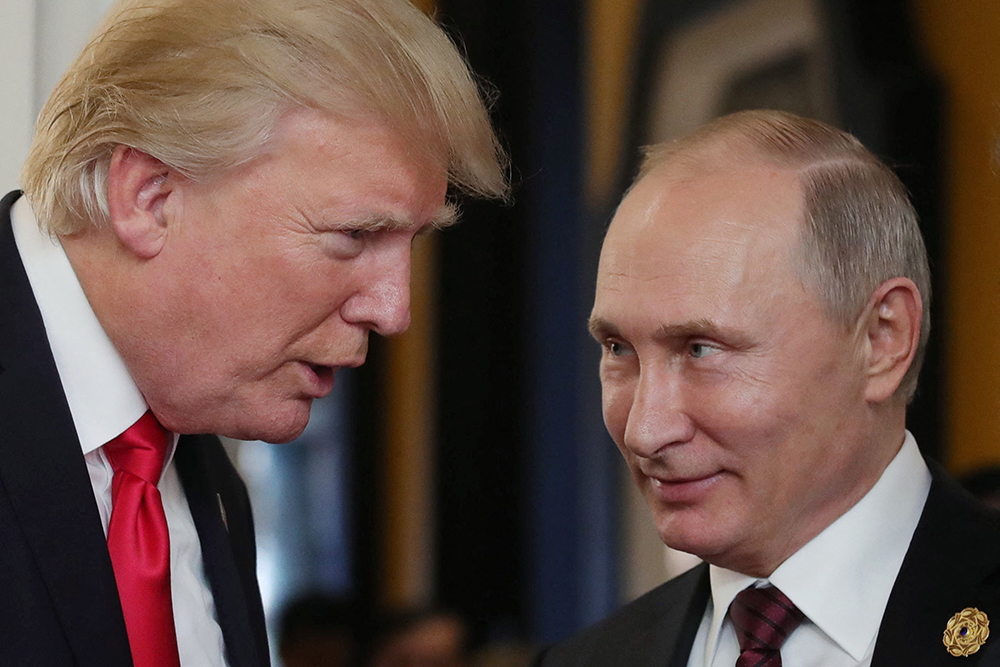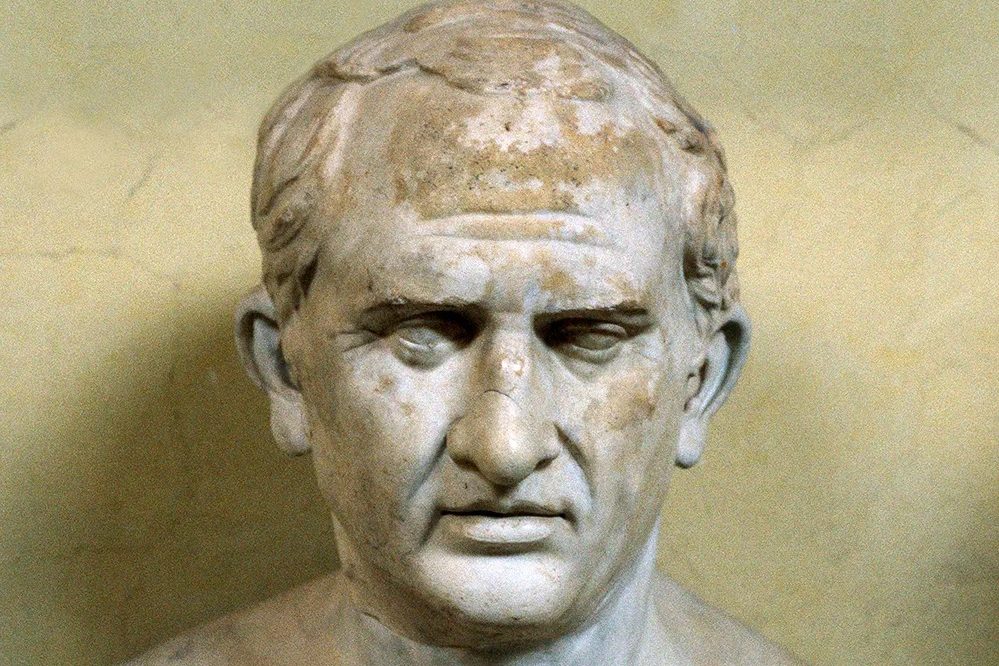This year there will be an election, and all the talk is of strategies for winning power. But for the elite Romans who thought about politics, the debate was not so much about power as about the ethics of those seeking it: did they possess virtus, i.e., moral excellence? And did they practice it? That was how Cicero, philosopher and statesman, began his discussion of the best form of state in his dialogue On the Republic.
In Rome’s “laws and customs,” developed over the years by men of virtus, he saw embedded “devotion, justice, good faith, fair dealing, decency, restraint, the fear of disgrace and the desire for praise and honor,” together with “fortitude in hardship and danger.” Only policies drawn up by statesmen committed to those values could “increase the wealth of the human race, and make men’s lives safer and richer.”
It was true, Cicero went on, that politics was dirty work because so many politicians lacked such standards, but could a good man have “any stronger reason for entering politics than the determination not to give in to the wicked and not to allow the state to be torn apart by such people?” From such thinking emerged Cicero’s definition of a res publica as “the organization of the people,” “brought together by legal consent and community of interest,” i.e. for the common good.
But who would control the decision-making process? He identified three forms of government — monarchy, aristocracy (the rule of the few) and democracy — but saw weaknesses in each: the first two could descend into forms of tyranny, the last into mob rule. So he concluded that the best form of government should combine the positive elements of all three. The central feature must be the liberty of the people, when “the people judge everything in the light of their own security and freedom” and harmony is maintained “because all share the same interests.” The commitment of the people’s leaders to the ethical qualities described above would result in “equality and stability.”
So, if we do not want our state torn apart, we must vote for Ethics Man and Woman.
This article was originally published in The Spectator’s February 2024 World edition.


























Leave a Reply